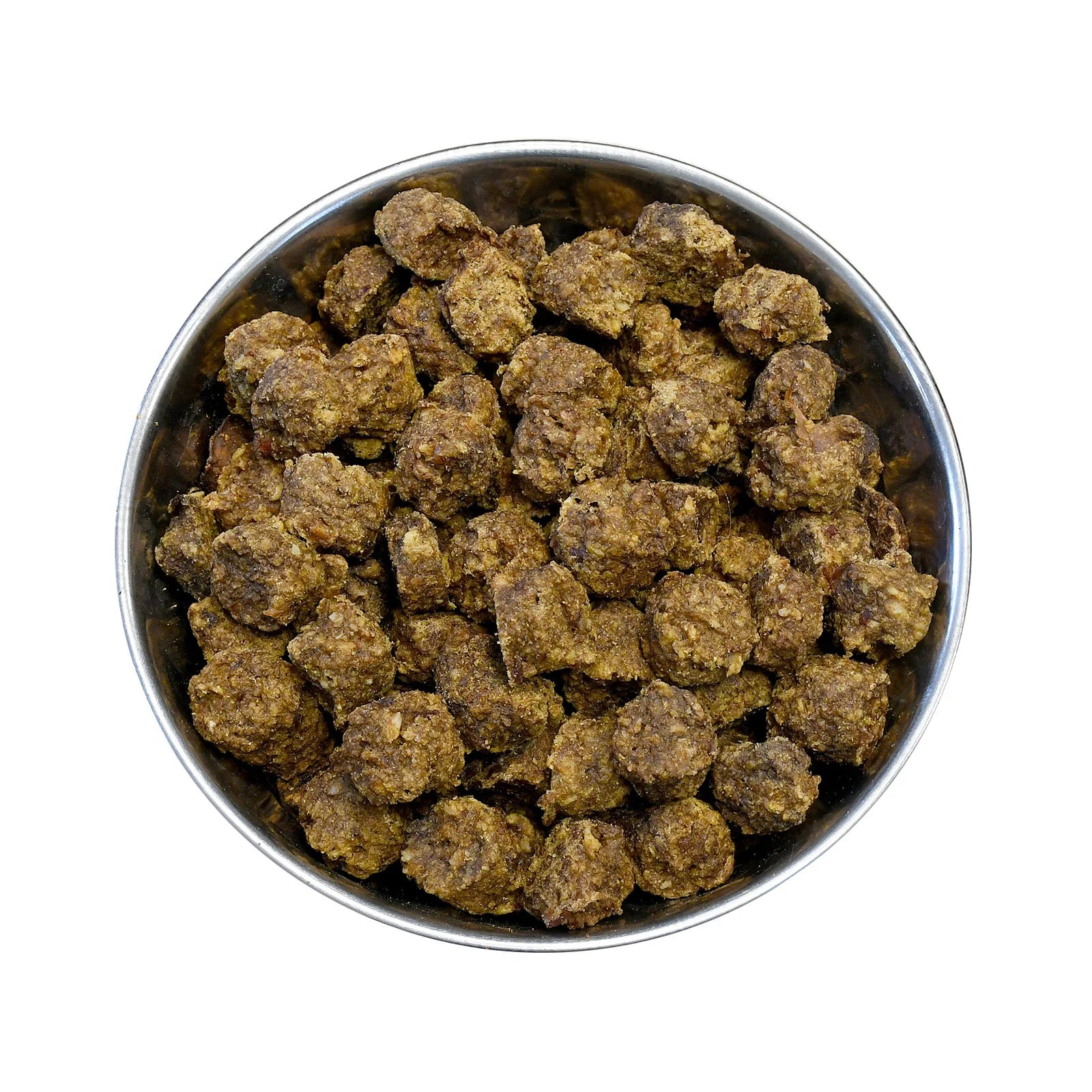Sweet potatoes (5%)
According to the Center for Science in the Public Interest (CSPI), sweet potatoes are considered the healthiest vegetable in history. The greatest benefits of sweet potatoes are their high content of secondary plant substances, which protect against free radicals. They are a source of minerals and vitamins and contain a lot of high-quality fiber.
Carrots (4%)
In addition to their energy, fiber, and low calorie content, carrots are healthy because they are an excellent source of vitamins and minerals. Vitamin A and biotin are particularly worth mentioning. Carrots are rich in beta-carotene, which is converted into vitamin A in the body.
Apple (3.5%)
Apples are suitable for a healthy diet because they contain many vitamins, minerals and trace elements such as potassium, calcium, B vitamins, vitamin C, vitamin E, folic acid, pectins and polyphenols.
Peas (2%)
Peas contain many vitamins. In addition to beta-carotene, peas offer many B vitamins and also contain vitamin C. Peas also score points with minerals: magnesium, iron, calcium, and zinc make them a particularly healthy vegetable supplement.
Spinach (2%)
Spinach is a low-calorie vegetable rich in B vitamins and vitamin C, and also high in beta-carotene. Leafy greens also provide the body with the minerals potassium, calcium, magnesium, and iron.
Salmon oil (1.9%)
Salmon oil is an important source of fatty acids, ensuring a sufficient supply of omega-3 and omega-6 fatty acids. The addition of salmon oil can have some decisive effects that ensure a long and healthy life for your furry nose, for example, a better coat or faster healing of skin conditions.
Rosette (0.5%)
In addition to vitamin C, rosehips also contain many other ingredients that have a positive effect on health. These include: fruit acids, essential oils, pectin, tannins, silica, the antioxidants lycopene and flavonoids, the vitamins provitamin A, vitamins B1 and B2, as well as vitamin E, and the minerals zinc, copper, sodium, phosphorus, iron, calcium, and magnesium.
Alkaline (0.5%)
Algae lime consists of deposits of red algae. It primarily contains calcium carbonate, as well as magnesium carbonate and trace elements (boron, iodine, silica), and thus prevents mineral and trace element deficiencies. The high calcium content supports stable bones and teeth and compensates for excess phosphorus in meat feed, which can otherwise lead to kidney problems.
Blueberries (0.2%)
Blueberries are rich in vitamin C, fiber, and antioxidants. They also contain less fructose than other fruits, making them suitable for dogs with diabetes. They are packed with vitamins C, A, B, and E and contain a high proportion of minerals such as calcium, potassium, and phosphorus.
Brewer's yeast (0.2%)
Brewer's yeast contains many vitamins and minerals and is also a good source of protein. It also stimulates metabolism and helps maintain stable blood sugar levels.
Seaweed flour (0.1%)
Seaweed meal contains many minerals such as zinc and carotenoids, which support skin metabolism, coat pigmentation, nasal level, and paw pads. The amino acid lysine it contains optimizes food classification; cellulose and mannitol support digestion.


